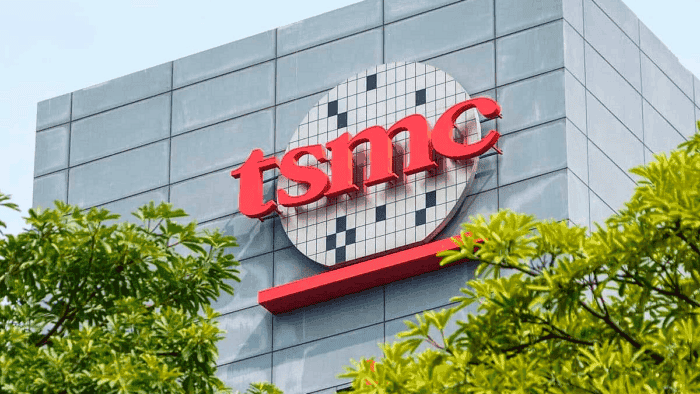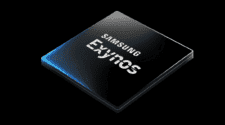Taiwan announced today that it will join the international community in sanctioning Russia’s invasion of Ukraine. In response, according to Reuters, TSMC said in a statement, “TSMC complies with all applicable laws and regulations and is fully committed to complying with the announced new export control regulations”. In addition, TSMC pointed out that the company has a strict export control system, including a robust evaluation and review process to ensure compliance with export control regulations.
![]()
Earlier, the US President announced a new round of sanctions against Russia today. In addition to imposing sanctions on Russia’s largest banks and state-owned enterprises, it will also limit Russia’s ability to trade with US dollars, euros, pounds, and yen. Furthermore, it will freeze all Russian assets in the United States. The U.S. will also restrict the export of high-tech products to Russia, and suspend the Russian military’s access to funds and expansion capabilities. Subsequently, Japan, South Korea, and Australia also announced that they would sanction Russia.
TSMC and other major manufacturers are actively expanding production
According to Digitimes, TSMC and other fabs in Taiwan are actively expanding their chip production. From the proceedings so far, the comprehensive market share of IC foundries in Taiwan will reach 70%. Some internal sources claim that TSMC alone accounts for about 55% of the global foundry market. Currently, TSMC and other Taiwanese foundries together account for about 65% of the global market share.
In addition, Samsung’s foundry market share is around 17%, second only to TSMC. UMC and GF (Global Foundries) each have about 7% market share. The combined market share of SMIC and Hua Hong is about 6%.
Sources believe that after 2023, with all the new production capacity, the above-mentioned manufacturers will together account for 90% of the global foundry market share. Even with subsidies, there is very little room for growth in the foundry business left for other companies.
Intel recently acquired Tower Semiconductor, the report said, but the latter only accounts for 1% of the global foundry market share. Market watchers are not so sure of the impact of the acquisition of Tower Semiconductor. There is no certainty that the acquisition will help Intel Foundry Services (IFS) generate positive growth.
Obviously, Taiwanese companies are beginning to amass more power in the chip industry. No doubt, the U.S. and Europe will not be too comfortable about the situation. Having to rely so much on Taiwan will not be a good idea. However, many of the technologies that the Taiwanese companies use for their chips come from the U.S. Thus, the American government still has a grip on these companies.




